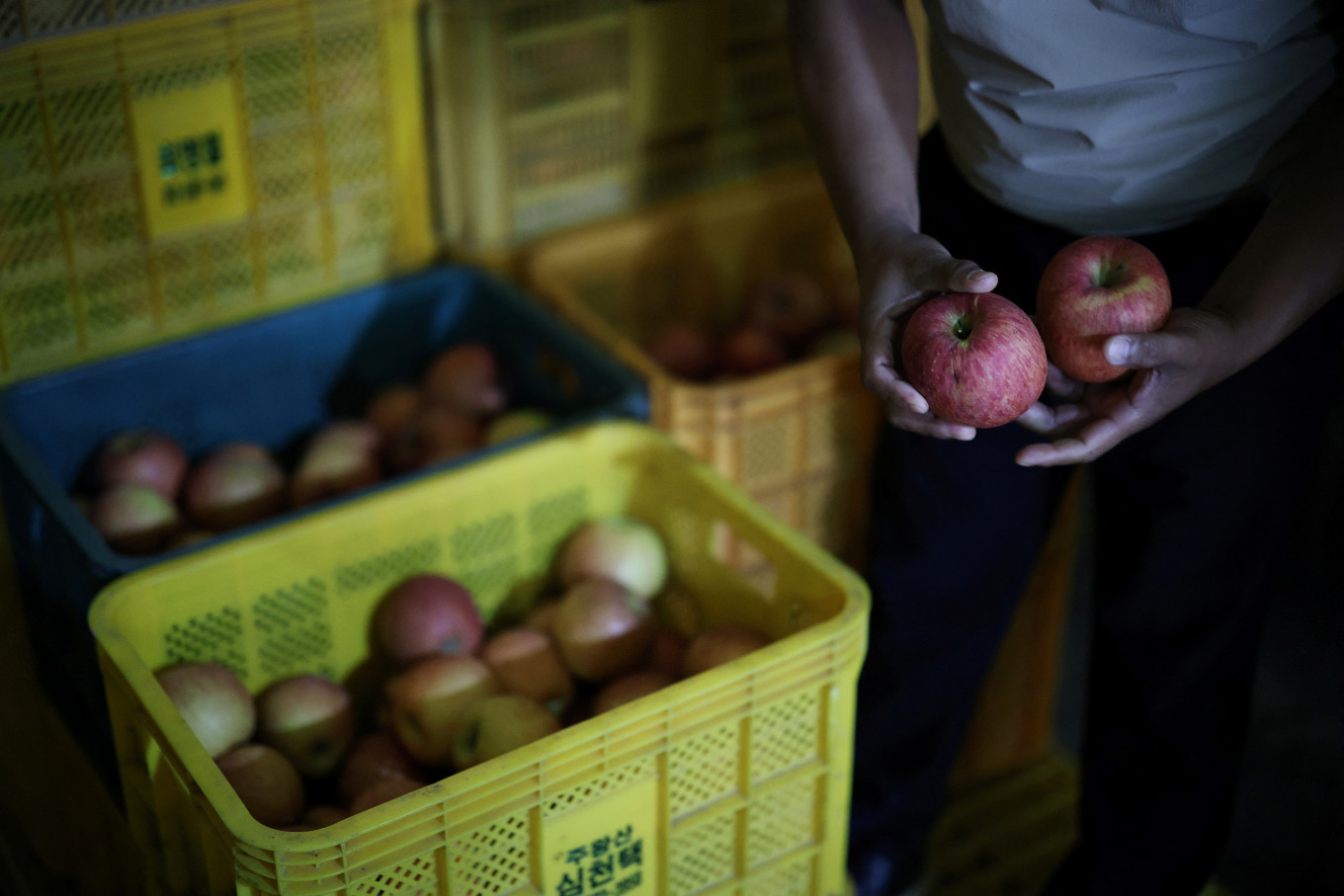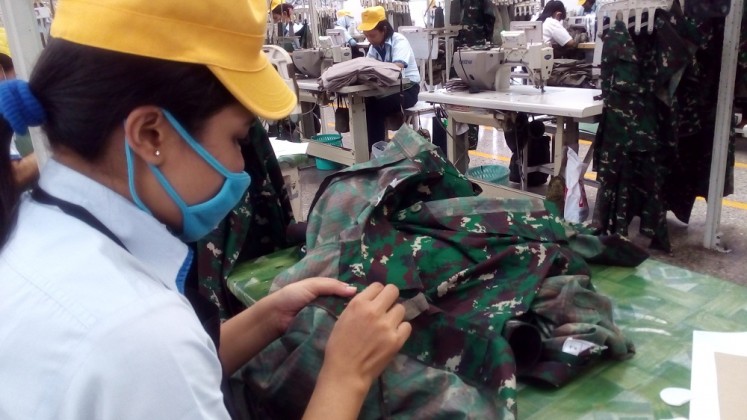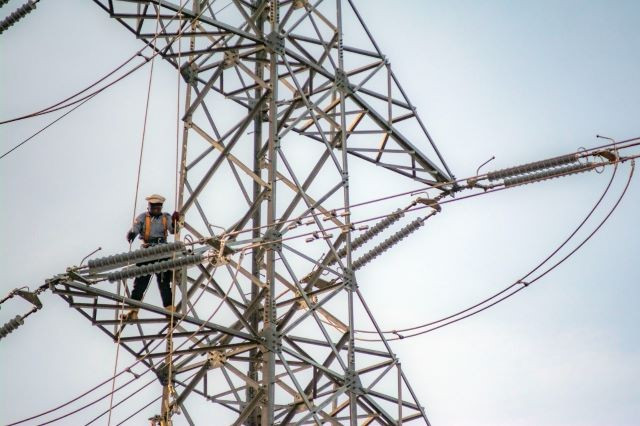Popular Reads
Top Results
Can't find what you're looking for?
View all search resultsPopular Reads
Top Results
Can't find what you're looking for?
View all search resultsIn South Korea's 'apple county', farmers beg not to be sacrificed for US trade deal
The United States has long called for better market access for its farm products from beef to apples and potatoes. US President Donald Trump in April slammed steep tariffs on rice in South Korea and Japan.
Change text size
Gift Premium Articles
to Anyone
T
he apples grown in the South Korean county of Cheongsong in the country's southeast are so renowned for their flavor that they are often given out in neatly-packaged gift boxes during national holidays.
But apple farmers, who account for about a third of the roughly 14,000 households in the sleepy rural area, worry that their way of life could be under threat from an influx of cheap US imports.
Fanning concerns, South Korea's trade minister suggested last week that Seoul could make concessions on some agricultural imports, although he said sensitive items should be protected, as part of any deal to eliminate or reduce punishing US tariffs on cars, steel and other key exports.
"US apples are very cheap. We can't compete with them," said Shim Chun-taek, a third-generation farmer who has been growing apples for two decades.
He now fears South Korean farmers risk being sacrificed to appease the US and support the country's manufacturing sector.
The United States has long called for better market access for its farm products from beef to apples and potatoes. US President Donald Trump in April slammed steep tariffs on rice in South Korea and Japan.
South Korea has taken steps to open its market and is now the top buyer of US beef and the sixth-biggest destination for US agricultural exports overall.
Still, Washington has complained about persistent non-tariff barriers.
South Korea's quarantine agency is still reviewing US market access requests for apples more than 30 years after they were filed, sparking calls by Washington to expedite the approval process for a range of fruits and potatoes.
Any opening up of the sector would increase pressure on apple farmers already wrestling with a host of problems, from climate change to an ageing population and wildfires, which have led to rising costs, smaller harvests, and higher prices.
Bank of Korea governor Rhee Chang-yong last year said runaway prices of apples and other farm goods were contributing to inflation and that there was a need to consider more imports.
The central bank noted South Korea's grocery prices were higher than the average for OECD countries, with apple prices nearly three times higher than the OECD average.
"I think it is difficult to justify absolute protection to certain agriculture sectors simply because of its high sensitivity," said Choi Seok-young, a former chief negotiator for the Korea-US free trade deal.
It was hard to view the delayed quarantine process as "rational based on science and international norms," added Choi, who is now a senior adviser for law firm Lee & Ko.
Agriculture has emerged as one of the sticking points in US trade talks with South Korea and Japan, after countries such as Indonesia and Britain agreed to allow more agricultural imports from the US in recent trade deals.
Seoul has long restricted shipments of US beef from cattle older than 30 months. Massive protests from South Koreans worried about safety due to mad cow disease followed a 2008 agreement with the United States to lift the restrictions.
Shim, 48, who wakes at 3 a.m. every morning to work on his orchards, said it would be impossible to find alternative crops to grow in the mountainous area.
The tariff talks have already fueled protests from farmers' groups. There could be more to come.
"We oppose the imports of apples no matter what," Youn Kyung-hee, mayor of Cheongsong county, told Reuters, adding that people will not "sit still" if Seoul opens up the market.










